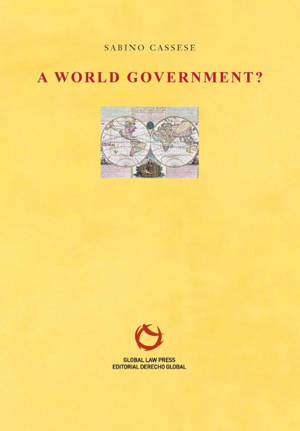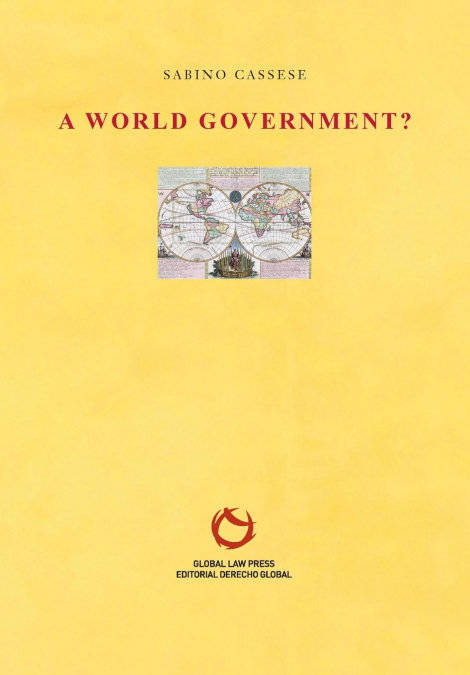
- Afhalen na 1 uur in een winkel met voorraad
- Gratis thuislevering in België
- Ruim aanbod met 7 miljoen producten
- Afhalen na 1 uur in een winkel met voorraad
- Gratis thuislevering in België
- Ruim aanbod met 7 miljoen producten
Omschrijving
There are now many features of a new world order: the circulation
of concepts, techniques, rules; the development of global epistemic communities; an increasing mix of national and supranational institutions; the formation of more horizontal links among States, which do not disappear, but rather become accountable to one other; the generalization of common usages and rules. Overall, this is conventionally called globalization.
Globalization is the major development in the field of public law in
the second half of the twentieth century. It has evolved according to an incremental pattern. First, it was applied to peace and human rights (the United Nations); then, to areas such as the sea, nuclear waste, health, labor, the environment. Subsequently, it was applied to trade, and, finally, to global terrorism and global crises. The process of globalization has been piecemeal, and globalization has developed through crises and unbalances, by accretion and accumulation.
Specificaties
Betrokkenen
- Auteur(s):
- Uitgeverij:
Inhoud
- Aantal bladzijden:
- 272
- Taal:
- Engels
- Reeks:
Eigenschappen
- Productcode (EAN):
- 9788494741524
- Verschijningsdatum:
- 22/05/2018
- Uitvoering:
- Paperback
- Formaat:
- Trade paperback (VS)
- Afmetingen:
- 170 mm x 244 mm
- Gewicht:
- 435 g

Alleen bij Standaard Boekhandel
Beoordelingen
We publiceren alleen reviews die voldoen aan de voorwaarden voor reviews. Bekijk onze voorwaarden voor reviews.












